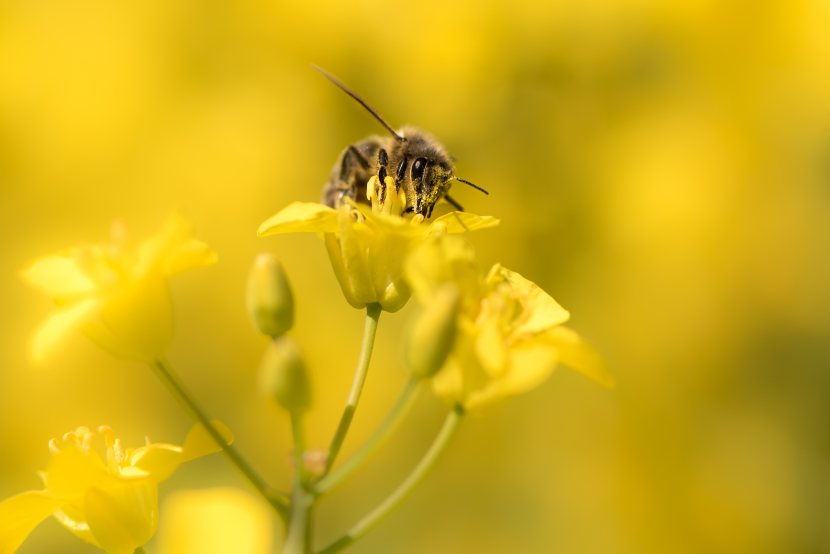
Michael Gove has said that the "lion's share" of farm subsidies after Brexit should go to support environmental work.
The Defra Secretary reiterated his call for a 'Green Brexit' during a visit to Cornwall on Sunday (10 September).
Mr Gove was speaking during a visit to Newlyn Harbour with local MP and farming minister George Eustice, and local MP Derek Thomas.
He said he gave the impression to farmers last year, during the EU referendum campaign, that EU subsidies would go in a big shake-up.
Mr Gove said: “It was also made clear at the general election that the Conservatives were the only party guaranteeing support for farmers in cash terms at the level it was before the election.
“The basis on which subsidies are allocated at the moment is wrong.”
“We absolutely intend to honour our commitment that that £3 billion of money is spent ensuring that our farmers can continue to do the great job that they do.
“My view is that we should use some of that money to sustain and boost agricultural productivity. But the lion’s share of that money should go to farmers to help them to do the right thing environmentally.”
'Green Brexit'
Future farm subsidies must be assessed on environmental and public benefits the land brings rather than simply how much land is owned, Defra secretary Michael Gove announced in July.
He said farmers should get money based on how well they protect the environment and how well they enhance rural life.
Mr Gove announced plans to scrap the current system when the UK leaves the EU as part of this 'Green Brexit' plan.
Mr Gove has already said British farmers, who receive £3bn worth of farm subsidies from the EU every year, will continue to receive the same level until the end of at least 2022.
His plans hasn't been without criticism. Sir James Dyson, who received £1.6m from EU farm subsidies last year, said Mr Gove's plans will leave UK farmers at a disadvantage.
Speaking to the Spectator magazine, Sir James said some farmers would not have the money to prioritise the environment.
"You'll be putting British farmers at a disadvantage against European farmers," he said.
Sir James said he has used £75 million of his own money into improving his land for wildlife.
